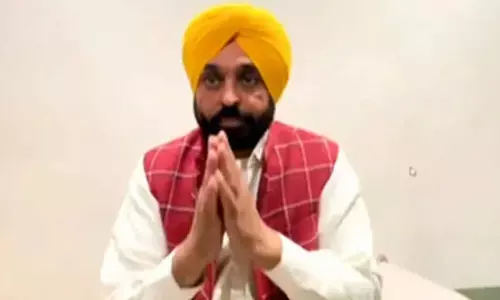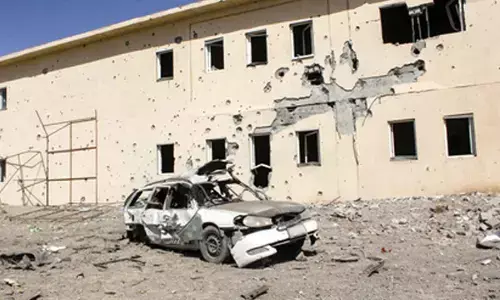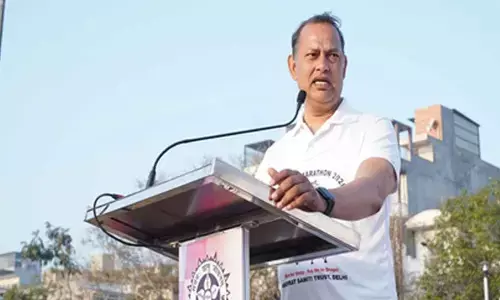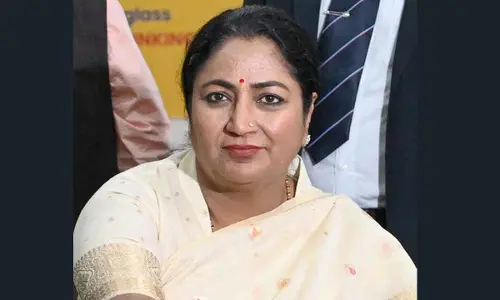Non-technical UG courses must have vocational content: Report
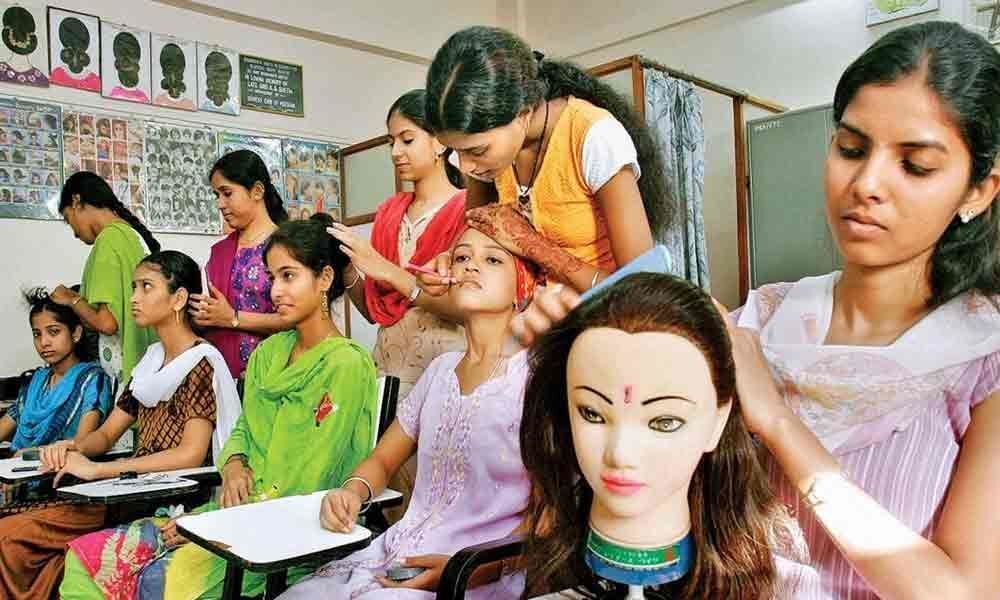 Non-technical UG courses must have vocational content: Report
Non-technical UG courses must have vocational content: ReportThere is a huge gap between the skill needs of the Indian economy and the supply of graduates, a government backed report says, adding that non-technical, non-professional degree courses should have 20-35 per cent vocational content.
New Delhi: There is a huge gap between the skill needs of the Indian economy and the supply of graduates, a government backed report says, adding that non-technical, non-professional degree courses should have 20-35 per cent vocational content.
The move, it has argued, will impart employability skills to those completing these courses. The report has pointed out that there was no convergence between higher education and the skill ecosystem as higher education contributed only 4 per cent in offering skill training.
The findings and suggestions are part of the Education Quality Upgradation and Inclusion Programme (EQUIP) report, which aims to improve quality and access to higher education in the country.
For EQUIP, the Human Resource Development (HRD) Ministry roped in several experts that were divided into 10 groups to focus on 10 critical areas such as accessibility, governance reforms, teaching, research and finance.
"A high amount of vocationalisation of higher education is required through a modular approach. We would suggest that all non-technical and non-professional degree courses (BA, BSc and B Com) should have anything between 20 and 35 per cent of their course content as vocational," suggested the group led by Hasmukh Adhia, Chancellor, Central University Gujarat, which deliberated on the strategies for expanding the access of higher education.
The restructuring of the non-technical programmes can be easily done using the vocational modules of the Massive Open Online Courses (MOOCs) and aided by local artisan and expert who can be hired on a contractual basis, it said.
The group has observed that due to the lack of employability skills of numerous programmes offered, there was a large pool of unemployed graduates and post-graduates. "If we look at the detailed statistics of the kind of programmes in which most of our students are graduating, we can see that there is a huge chasm between the skill requirements of the Indian economy and the supply of graduates.
While BA and MA degrees can make more aware citizens, their ability to contribute to the needs of the economy is low. As a result, we have already created a situation of having a pool of unemployed graduates and post-graduates," it noted.
The failure to reap economic benefits from their degrees contributes to frustration of the unemployed. "Their failure to get economic returns from their education contributes to their social frustration.
Therefore, without re-orienting the entire higher education system towards meeting the economic aspirations of today's youth, there is no gain in simply ballooning the student enrolment numbers in an existing manner. This will mean bringing in a lot of vocational and skill education in every degree programme," it said.
The group has stressed that there was a dire need for de-centralisation of the vocational curriculum in the country for furthering its reach among the socially backward communities.
-Pragya Singh


